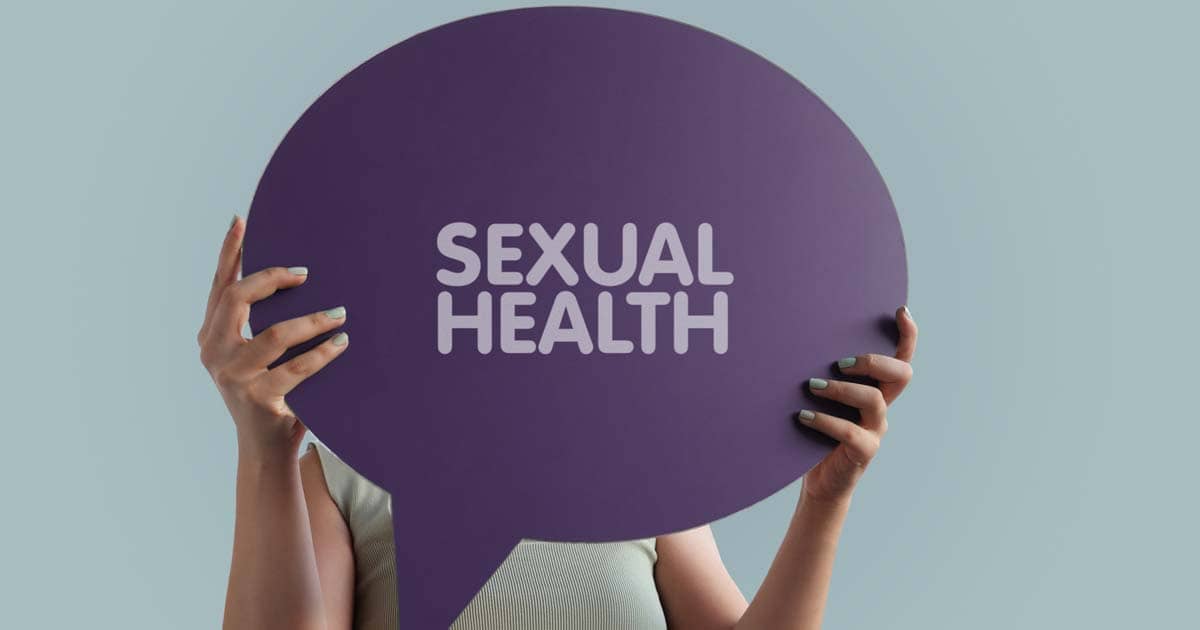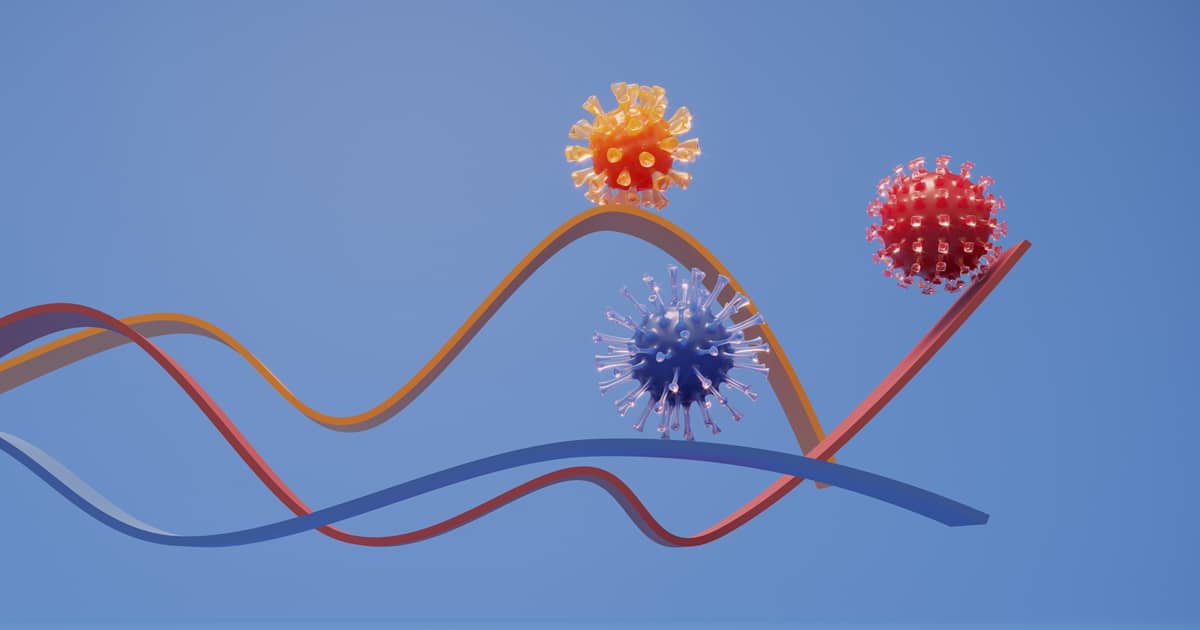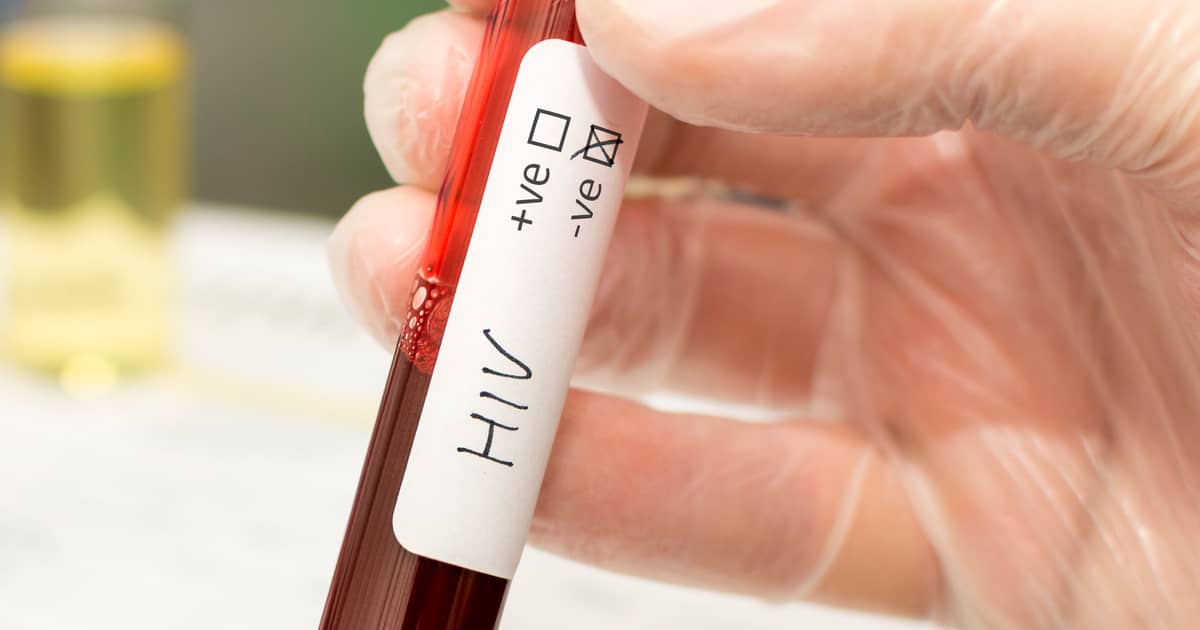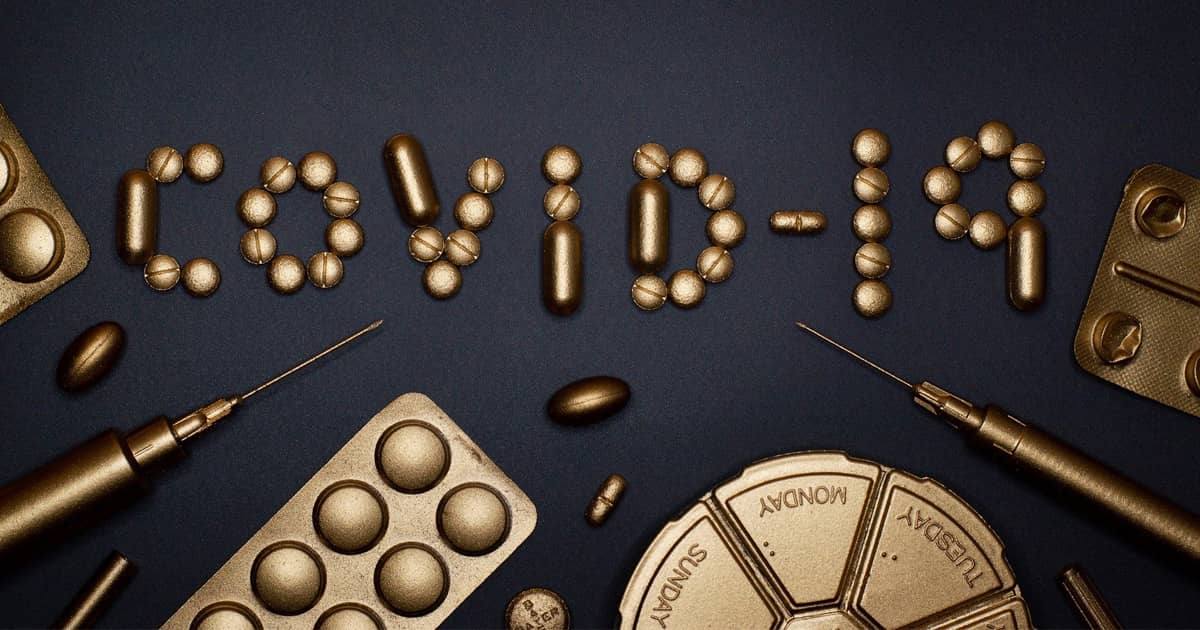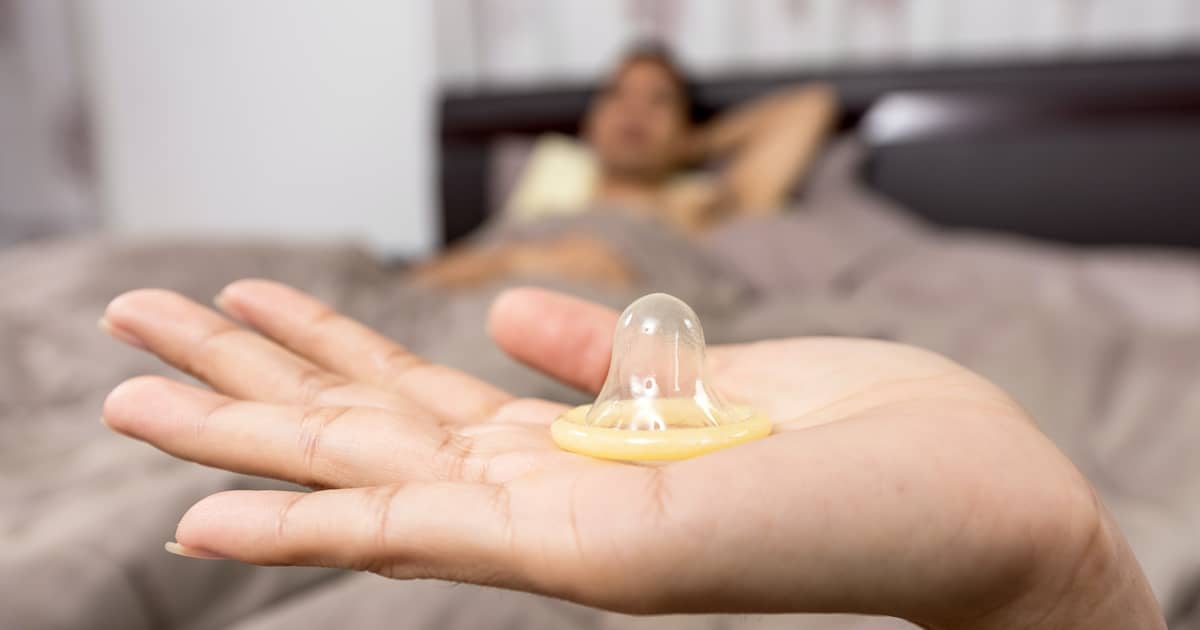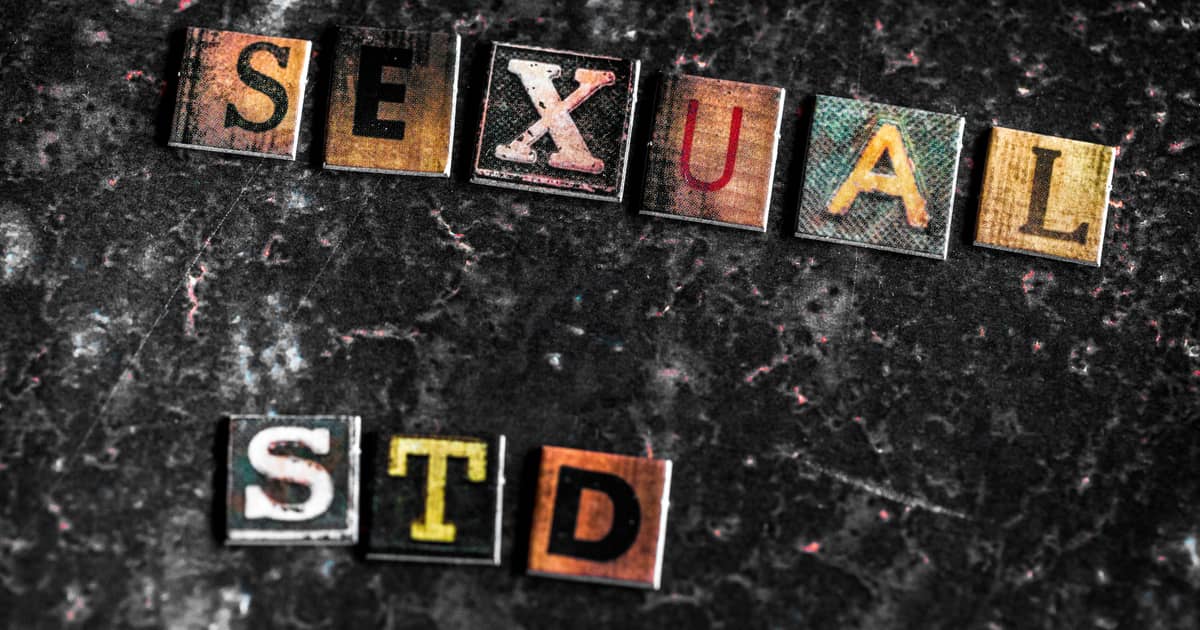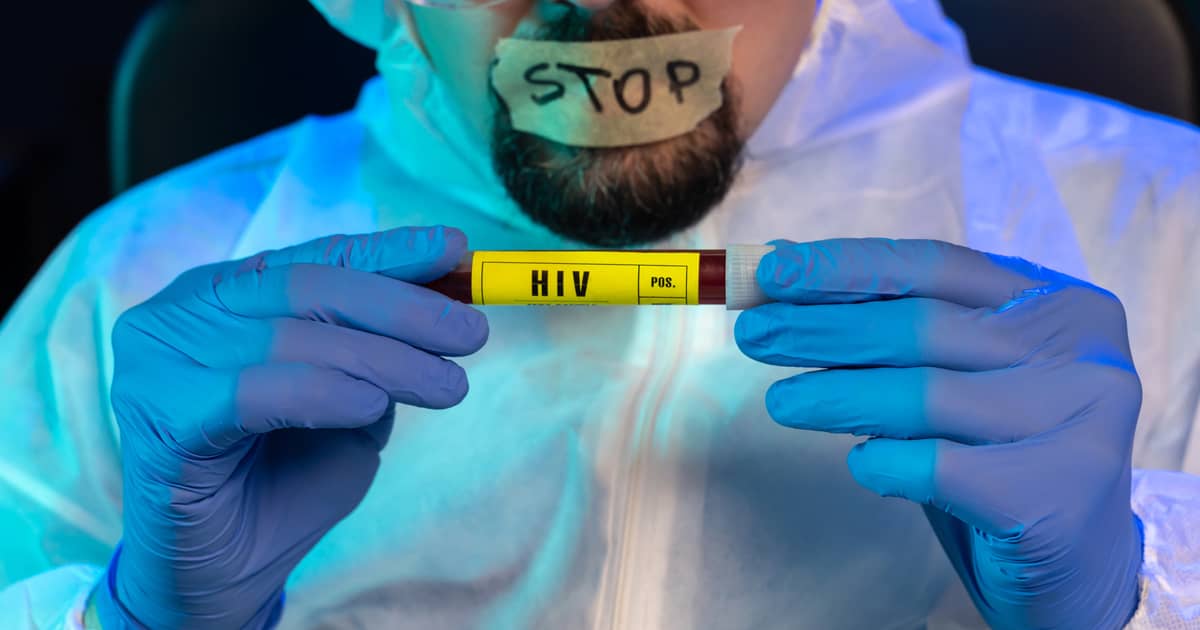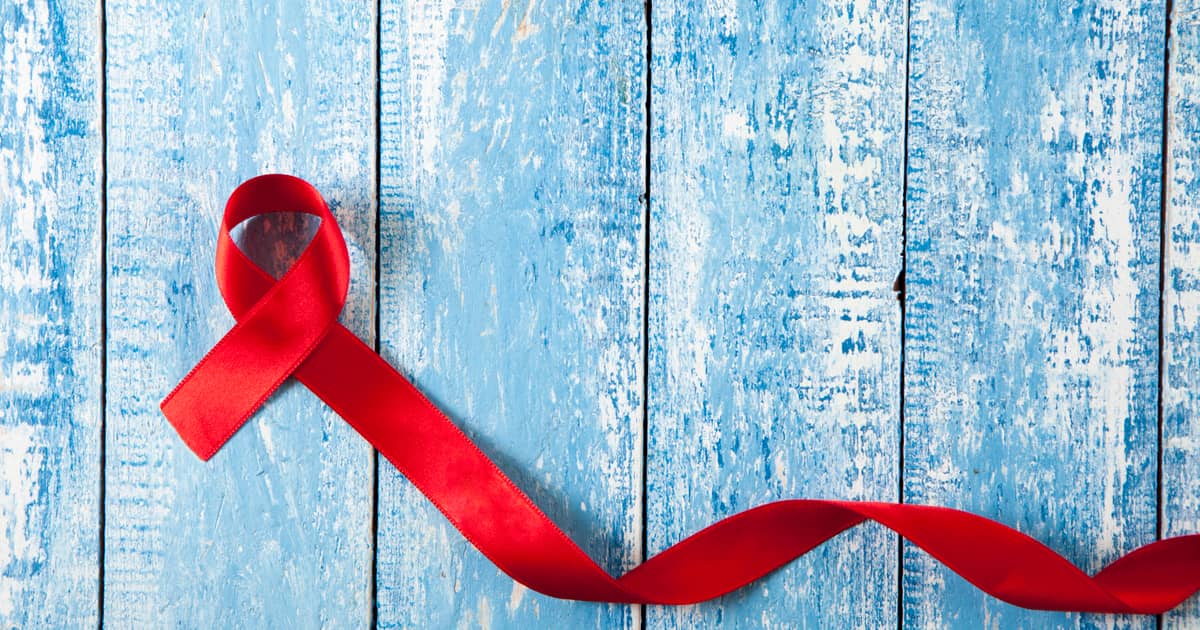Some people believe that sperm sleeps at night and others believe that females are the only gender who can get HPV. However, how much of this is actually true? When it comes to sex and sexual health, misconceptions spread as fast as COVID-19, but before you get even deeper down the rabbit hole of false information, we are here to provide the truths behind these 7 sex and sexual health myths.
Continue readingPost Category → #HIV
The Most Common to Extremely Rare Ways of HIV Transmission
HIV is a long and ongoing health problem that plagues almost every nation. What better way to avert this disease than to get ourselves fully-educated on the matter? When it comes to knowledge about HIV, standing in broad daylight is always better than being left in the dark. We have heard one too many times that sexual activities involving the exchange of certain bodily fluids are how the virus can be transmitted, but in this article, we will delve in and discuss the less common to extremely rare ways of HIV transmission.
Continue readingEvery Stage of HIV Explained
Although HIV is notorious for being one of the most hazardous sexually transmitted diseases, it is no longer deemed a death sentence. After the advancement of medication and treatments, especially after 1983 when HIV was first identified, HIV positive people can still lead long and healthy lives. In this article, we delve deep into detailing every stage of HIV infection, its symptoms and the span of each stage. With the correct medication that is taken regularly, HIV rarely develops into the most severe stage which is acquired human immunodeficiency syndrome (AIDS).
Continue readingGetting the Covid-19 Vaccine When You Are HIV-Positive
HIV is a virus that targets the immune system and weakens it extensively without a treatment. This is why many HIV-positive individuals worry about the prospects of becoming infected with Covid-19. When it comes to protecting oneself, getting vaccinated is the best choice. But can HIV-positive people in Singapore get their Covid-19 shot?
Continue readingCan You Get STDs by Only Having Protected Sex?
Protected sex through the use of barrier contraception (like condoms) is one of the best ways to reduce the risk of getting an STD. As effective as condoms are, however, there’s still a possibility of becoming infected. How big is this possibility and is there anything you can do to minimise the potential of exposure even further?
Continue readingHIV and Depression
Various studies confirm the fact that HIV-positive individuals are predisposed to developing clinical depression. Unfortunately, the mental health condition can lead to complications and poor health outcomes. Choosing a good strategy to manage and counter depression is an important part of every holistic HIV treatment.
Continue readingWhy Haven’t We Developed a Genital Herpes Vaccine Yet?
Genital herpes is one of the most common STDs. It’s been around for millennia, historical records suggest. Unfortunately, pharmaceutical companies haven’t managed to develop an effective vaccine for it yet. There are several reasons why the HSV-2 virus proves to be exceptionally difficult to tackle.
Continue readingWhen Should You Get Tested for Some of the Most Common STDs
Usually, you are not going to test positive for an STD immediately after getting infected. There’s an incubation period that’s characterised by the pathogen being undetectable. Hence, you should wait some time before getting an STD test. Here are some testing timeframes for a few of the most common STDs in Singapore.
Continue readingThe First 3 Days After Sexual Assault Are Crucial for HIV Prevention: Here’s What to Do
Recoveries from sexual assault can be long and troublesome. Survivors would have to go through counselling and extensive medical assistance to start healing. Acting fast in the aftermath of assault should be prioritised. The first 72 hours are incredibly important, especially when it comes to the prevention of HIV.
Continue readingThe Biggest HIV Prevention Breakthroughs of the Past Decades
The HIV pandemic has slowed down significantly over the past few decades, mainly because of medical advances. Some of these new developments have contributed to highly effective prevention, even among high risk individuals. Here are the biggest HIV prevention breakthroughs that could potentially end the pandemic.
Continue reading
